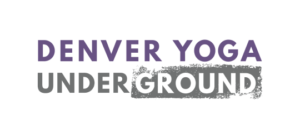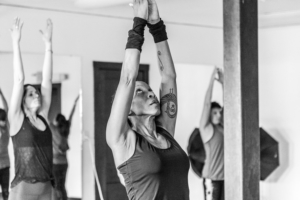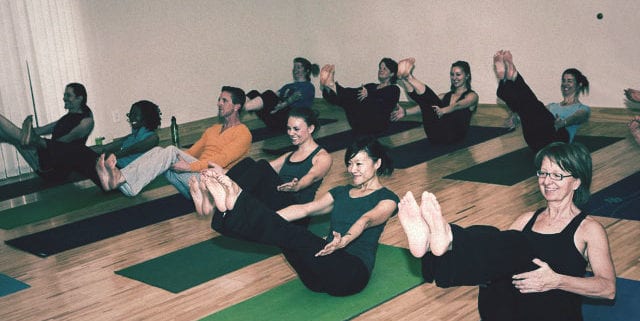It’s always fascinating to hear how people got into yoga. For some the process was quite gradual. For others it was a more immediate and affirmative knowing. “I did not even know it was possible to feel this way!?” For others the road to yoga may have been more rocky and could generally be classified into one of five ways. Perhaps yoga pulled you through hard times:
- A Traumatic Event: For some this was a difficult divorce, ending a significant relationship, or an accident. Something has changed their lives forever and they can’t go back to how it was before. Yoga has provided shelter, healing and renewed hope and they want to build on that foundation and perhaps teach others.
- Burned Out: Whether it’s being a social worker who is continually exposed to the plight of so many, a parent or caregiver (or just an over-giver), many people come to us depleted. The stress of “trying to keep it all together” has become too much. Maybe they are looking for a career change. They may also come to us in malaise or even depression. They are ready to fill their cup for a change (and not feel guilty about it).
- Wound Up: Others have come to us with unwanted anxiety, a stressful job, feeling trapped, questioning if they will ever “be enough”, or generally frustrated with life. They want to know how to regulate their emotions.
- Physical Situation: a persistent health issue, sports or dance related injury, body image concerns, or general bodily discomfort. While we won’t promise any miracles and we are here to support one in feeling greater ease and vitality in one’s own skin.
- Conscious Life Shift: Some have felt lost and without a compass. Others have overcome an addiction, a career change, a recent move or some other big life shift. The timing seems right and they are ready to mature spiritually and finally do that yoga teacher training that they have been waiting for.
Regardless of the issue, yoga has pulled you through hard times. Perhaps it even healed you.
If it is, and you’re considering our Denver based yoga training, here’s some of what we’ve learned over the years about who is and is not best suited for the program.






